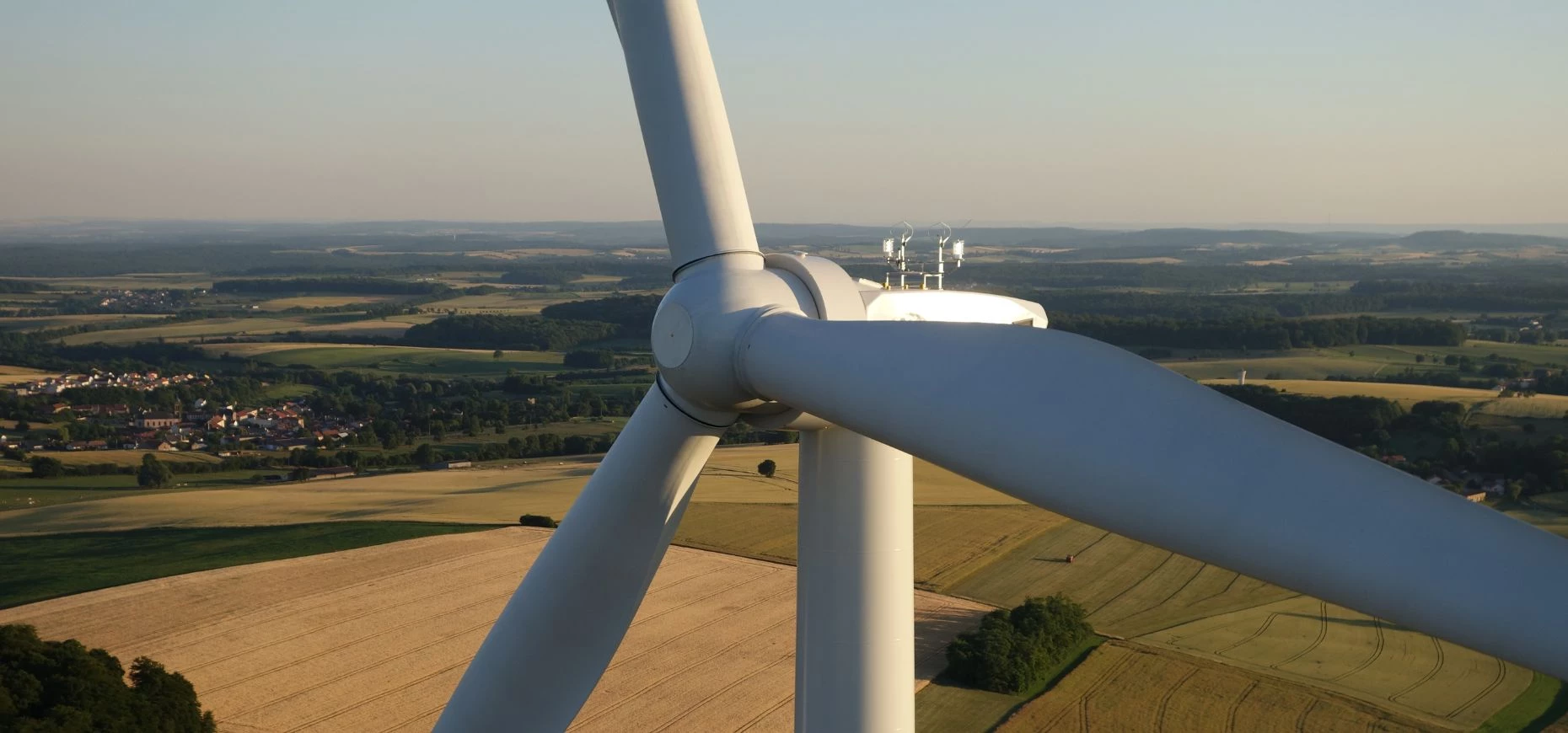
Tech collaboration secures multi-million pound investment in offshore wind turbines
The Joule Challenge, the UK Government-funded collaborative programme aimed at helping develop a manufacturing capability for the large components integral to the offshore wind turbines of the future, will focus on the demonstration of radical new composite‑based components in its next phase.
Funded by the Department for Energy Security and Net Zero’s £1bn Net Zero Innovation Portfolio (NZIP), the new £4.7m 18-month phase of the programme brings together UK Government, offshore wind industry experts and the composite supply chain to drive a step-change in technology and manufacturing processes to make the turbines of the future today’s reality.
Collaboratively delivered by the Offshore Renewable Energy (ORE) Catapult and the National Composites Centre (NCC), part of the High Value Manufacturing (HVM) Catapult, the Joule Challenge explores the significant performance and lightweighting opportunities of composites, to address the technical challenge of developing the next generation floating wind turbine platforms up to 20MW.
The project has already delivered valuable learning in outlining the range of potentially significant benefits made possible by using composite materials instead of steel, which is currently the go-to material for turbine towers.
The new phase of the Joule Challenge will aim to deliver the design and manufacturing of a 12-metre composite tower, located at ORE Catapult’s state of the art testing facility in Blyth, where multiple components will be tested together. The new phase will also provide commercial fore-sighting on the potential routes to market for the composite tower for exploitation across the whole wind industry.
Minister of State for Energy Security and Net Zero Graham Stuart said: “The UK is proud to host the world’s five largest operational wind farm projects, as well as an overall capacity sufficient to power 10 million homes a year. But we need to keep innovating.”
Phil Slack, head of energy at the National Composites Centre, said: “The composite turbine tower developed in Joule has the potential to revolutionise the UK wind industry. It will reduce the cost of energy and the carbon associated with wind turbines.
“This will enable the UK supply chain to serve turbine OEMs with a cost and mass competitive product, which in turn will create and maintain a wide range of job opportunities. This new phase in the Joule programme is instrumental in proving this technology at scale.”
Dr Steve Wyatt, strategy and emerging technology director for ORE Catapult, said: “Joule has shown that greater use of composite materials in offshore wind may have potential to reduce costs and weight in a number of key component areas.
“This next phase will thoroughly explore that potential with the design and manufacture of a composite tower, which will be tested at our world leading test and demonstration facility. This could enable a major breakthrough for the UK’s composite supply chain to play key role in the future of offshore wind.”
By Mark Adair – Correspondent, Bdaily
- Add me on LinkedIn and Twitter to keep up to date
- And follow Bdaily on Facebook, Twitter and LinkedIn
- Submit press releases to editor@bdaily.co.uk for consideration.
Looking to promote your product/service to SME businesses in your region? Find out how Bdaily can help →
Enjoy the read? Get Bdaily delivered.
Sign up to receive our popular morning National email for free.




 test article 123456789
test article 123456789
 hmcmh89cg45mh98-cg45hm89-
hmcmh89cg45mh98-cg45hm89-
 test456456456456456456
test456456456456456456
 test123123123123123123
test123123123123123123
 test xxxdiosphfjpodskhfiuodsh
test xxxdiosphfjpodskhfiuodsh
 Savour the flavour: North Tyneside Restaurant Week returns for 2024
Savour the flavour: North Tyneside Restaurant Week returns for 2024
 Six steps to finding the right buyer for your business
Six steps to finding the right buyer for your business
 Stephen signs off on a special night
Stephen signs off on a special night
 Life’s a Peachaus: Gillian Ridley Whittle
Life’s a Peachaus: Gillian Ridley Whittle
 Making a splash: Phil Groom
Making a splash: Phil Groom
 Making workplace wellbeing a priority
Making workplace wellbeing a priority
 A record of delivery, a promise of more: Ben Houchen
A record of delivery, a promise of more: Ben Houchen